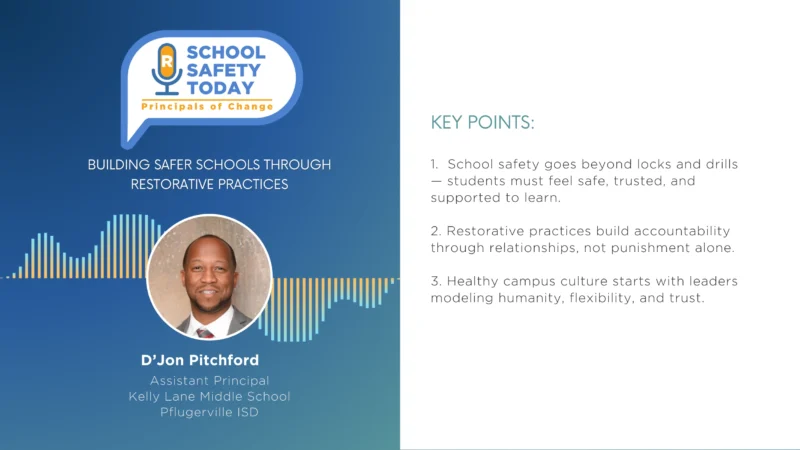Understanding the Role of EdTech Leaders in School Districts

When discussing EdTech leaders in school districts, it’s clear that their roles and responsibilities can vary significantly depending on the district’s size and resources. The responsibility of managing educational technology might fall on individuals who wear multiple hats, such as school principals, IT coordinators, or even teachers. This lack of dedicated EdTech staff can lead to inconsistent levels of support and adoption across different schools. As highlighted by EdTech Magazine, smaller districts frequently struggle with inadequate staffing, impacting their ability to effectively implement and manage EdTech initiatives.
The maturity and establishment of EdTech departments also vary. In some districts, the department functions as an extension of the IT department, focusing primarily on technical support rather than the strategic integration of technology in education. This can limit the effectiveness of EdTech initiatives. According to Northwest Education, well-resourced districts often have separate EdTech departments with dedicated staff, whereas smaller districts rely heavily on their IT departments to handle both technical and educational technology needs.
Investment in EdTech leadership is crucial for successful technology integration in schools. Districts that prioritize and invest in these roles tend to see better integration of technology, improved student outcomes, and a more cohesive strategy that aligns with their educational goals. However, many districts still underfund these roles, leading to challenges in achieving comprehensive and effective EdTech integration.









